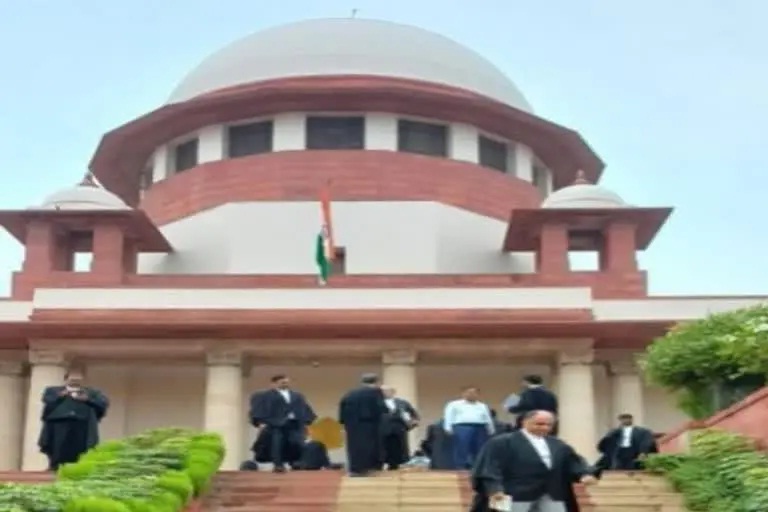|
National News
|
| Employee suppressing or giving false information can be terminated from service: SC | | | |  New Delhi SEPTEMBER 26: New Delhi SEPTEMBER 26:
The Supreme Court Monday said that an employee can be terminated from the service for suppressing or giving false information concerning matters having a bearing on his fitness or suitability for the post. The top court laid down broad principles of law to be taken into account especially in the case of recruitment in police forces, saying their ability to inspire public confidence is a bulwark to society's security. The apex court said that even in a case where the employee has made a declaration truthfully and correctly of a concluded criminal case, the employer still has the right to consider the antecedents, and cannot be compelled to appoint the candidate.
It said that the purpose of requiring an employee to furnish information regarding prosecution/conviction, etc. in the verification form was to assess his character and antecedents for the purpose of employment and continuation in service. The top court said that the suppression of material information and making a false statement in reply to the queries relating to prosecution and conviction had a clear bearing on the character, conduct, and antecedents of the employee.A bench of Justices Surya Kant and JB Pardiwala held that "If it is found that the employee had suppressed or given false information in regard to the matters having a bearing on his fitness or suitability to the post, he can be terminated from service." It said the same guidelines would be applicable for terminating the service of the employee during the period of probation without holding any inquiry. The top court dismissed two separate appeals of two CRPF personnel, who have suppressed material information and made a false statement with regard to the queries relating to the prosecution.
The top court also laid down broad principles of law which should be made applicable to the litigations of the present nature. It said that each case should be scrutinised thoroughly by the public employer concerned, through its designated officials-more so, in the case of recruitment for the police force, which is under a duty to maintain order, and tackle lawlessness, since their ability to inspire public confidence is a bulwark to society's security."The acquittal in a criminal case would not automatically entitle a candidate for appointment to the post. It would be still open to the employer to consider the antecedents and examine whether the candidate concerned is suitable and fit for appointment to the post", it said and referred to various verdicts of the top court on the issue. It added that the generalisations about the youth, career prospects, and age of the candidates leading to condonation of the offenders' conduct, should not enter the judicial verdict and should be avoided.The bench added that the Court should inquire whether the Authority concerned whose action is being challenged acted mala fide and whether there is any element of bias in the decision of the Authority. It said that whether the procedure of inquiry adopted by the Authority concerned was fair and reasonable should also be looked into. The bench said that Article 136 of the Constitution empowers the Supreme Court to grant special leave in its discretion against any judgement, decree, determination, sentence, or order in any cause or matter passed or made by any court or tribunal except by any court or tribunal constituted by or under any law relating to the armed forces."Thus, the principles of law discernible are that unless, it is shown that exceptional and special circumstances exist; that substantial and grave injustice has been done and the case and question present features of sufficient gravity to warrant a review of the decision appealed against, this Court would not exercise its overriding powers under Article 136(1) of the Constitution", it said. The bench said that the wide discretionary power with which this Court is invested under Article 136 is to be exercised sparingly and in exceptional cases only. It added that administrative law has traditionally approached the review of decisions classified as discretionary separately from those seen as involving the interpretation of rules of law.
"The rule has been that the decisions classified as discretionary may only be reviewed on limited grounds such as the bad faith of decision-makers, the exercise of discretion for an improper purpose, and the use of irrelevant considerations", it said. The bench said that this Court has also made it clear that neither the gravity of the criminal offence nor the ultimate acquittal therein was relevant when considering whether a probationer who suppresses a material fact (of his being involved in a criminal case, in the personal information furnished to the employer), is fit to be continued as a probationer.
| | | | |
|
|
| |
| |
|
|